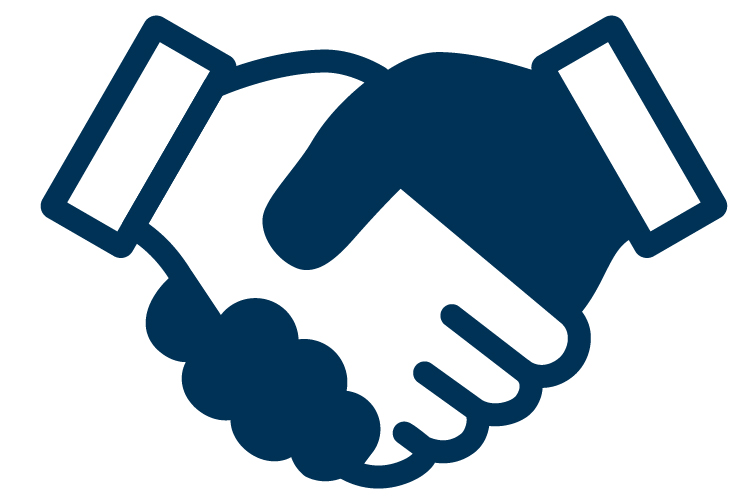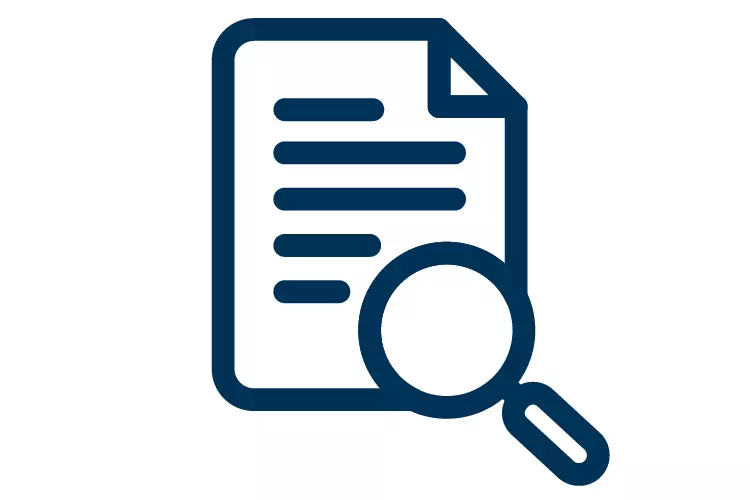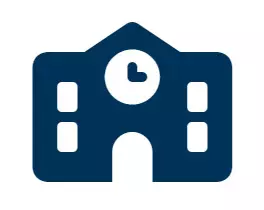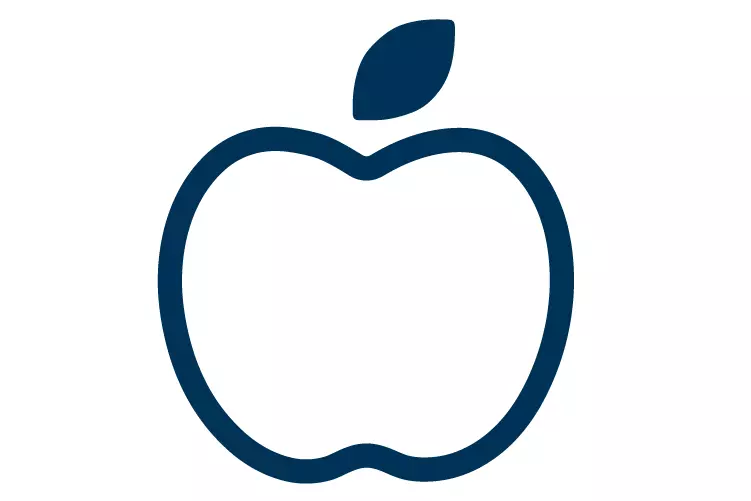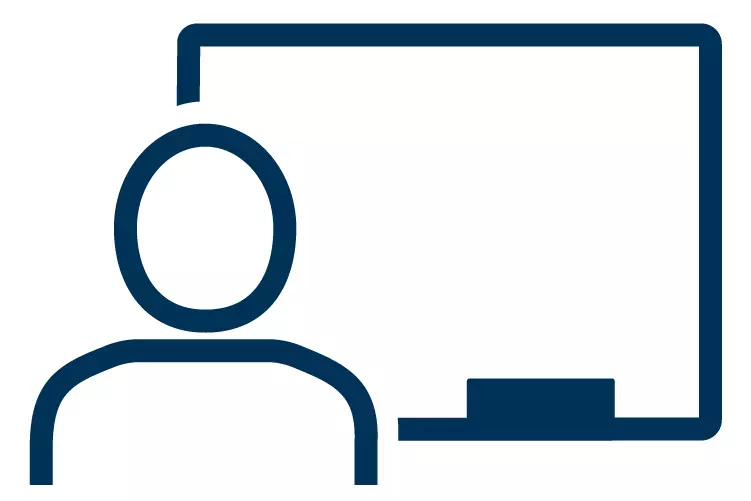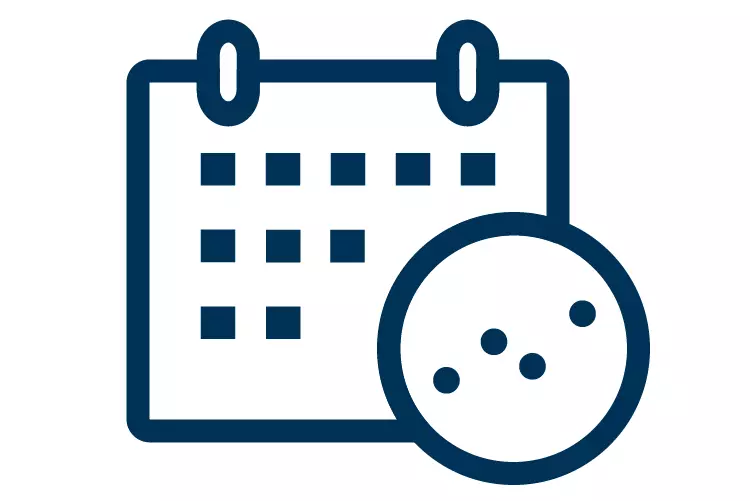
How Money Smart Are You?
How Money Smart Are You? is our free self-paced suite of 14 fun and interactive financial education games and resources, available in English and Spanish.
- Learn about everyday financial topics on your smartphone, tablet, or computer
- Have fun earning virtual coins and certificates of completion
- Create an organization account to see client or student progress or create your individual account
Parent/Caregiver Guides
You can positively shape your child’s financial development even if you are not an expert on financial concepts. Money Smart Parent/Caregiver also offer practical activities and conversation-starters on common financial topics.

Savings-Related Resources
Saving money is a great place for consumers to start, or continue, to work on their finances. Using money that you’ve set aside to pay for unexpected expenses or to make a large purchase can help you avoid debt. And, knowing that you’re saving for long-term plans like college or retirement can give you peace of mind. There are many different reasons to save and a variety of ways to do it. For starters, review a list of our top five money saving ideas from the FDIC Consumer News: America Saves Week.
The America Saves initiative, (americasaves.org)
Encourages all Americans to save money, reduce debt, and build wealth. You can visit this website to make a savings commitment and learn additional strategies to save.
The Consumer Financial Protection Bureau’s Start Small, Save Up (consumerfinance.gov)
Initiative can help people start and build savings.
MyMoney.gov
The federal government's one-stop website that provides financial education resources from more than 20 federal agencies. It includes Save and Invest page that provides a comprehensive catalog of resources from federal agencies on saving and investing.
The Department of Labor (dol.gov)
Provides information for owners of small business on various retirement plan options.
FDIC Supports Financial Stability through VITA Collaborations
The FDIC seeks to encourage more U.S. households to open insured bank accounts and save money during the tax season.
Free Tax Preparation for Taxpayers Who Qualify
The IRS Volunteer Income Tax Assistance (VITA) and the Tax Counseling for the Elderly (TCE) programs offer free tax help for taxpayers who qualify.
GetBanked
Learn How to Open an Account at an FDIC-Insured Bank
Manage My Checking Account
You can use these strategies to help you manage your checking account.
Opportunity to Provide Free Tax Assistance to Consumers
Banks can learn about eligibility for favorable consideration under Community Reinvestment Act (CRA) regulations and opportunities for unbanked households to open a bank account to receive their tax refunds electronically

